Troubles Brewing at Ubisoft: Delays for Assassin’s Creed, Far Cry, and More
Ubisoft, the French gaming giant behind iconic franchises like Assassin’s Creed, Far Cry, and Rainbow Six, has long been a titan in the industry, known for its sprawling open-world adventures and prolific release schedule. However, recent developments have sent shockwaves through the gaming community. Following the successful launch of Assassin’s Creed Shadows on March 20, 2025, Ubisoft announced that several of its “biggest productions” are being delayed to 2026 and 2027, potentially including the next Assassin’s Creed, Far Cry 7, Ghost Recon, Rainbow Six, and The Division. This news, coupled with a major corporate restructuring involving a new Tencent-backed subsidiary, has sparked intense discussion among fans and analysts. What’s behind these delays, and what do they mean for Ubisoft’s future? Let’s dive into the brewing troubles and explore why this shakeup is the talk of the gaming world.
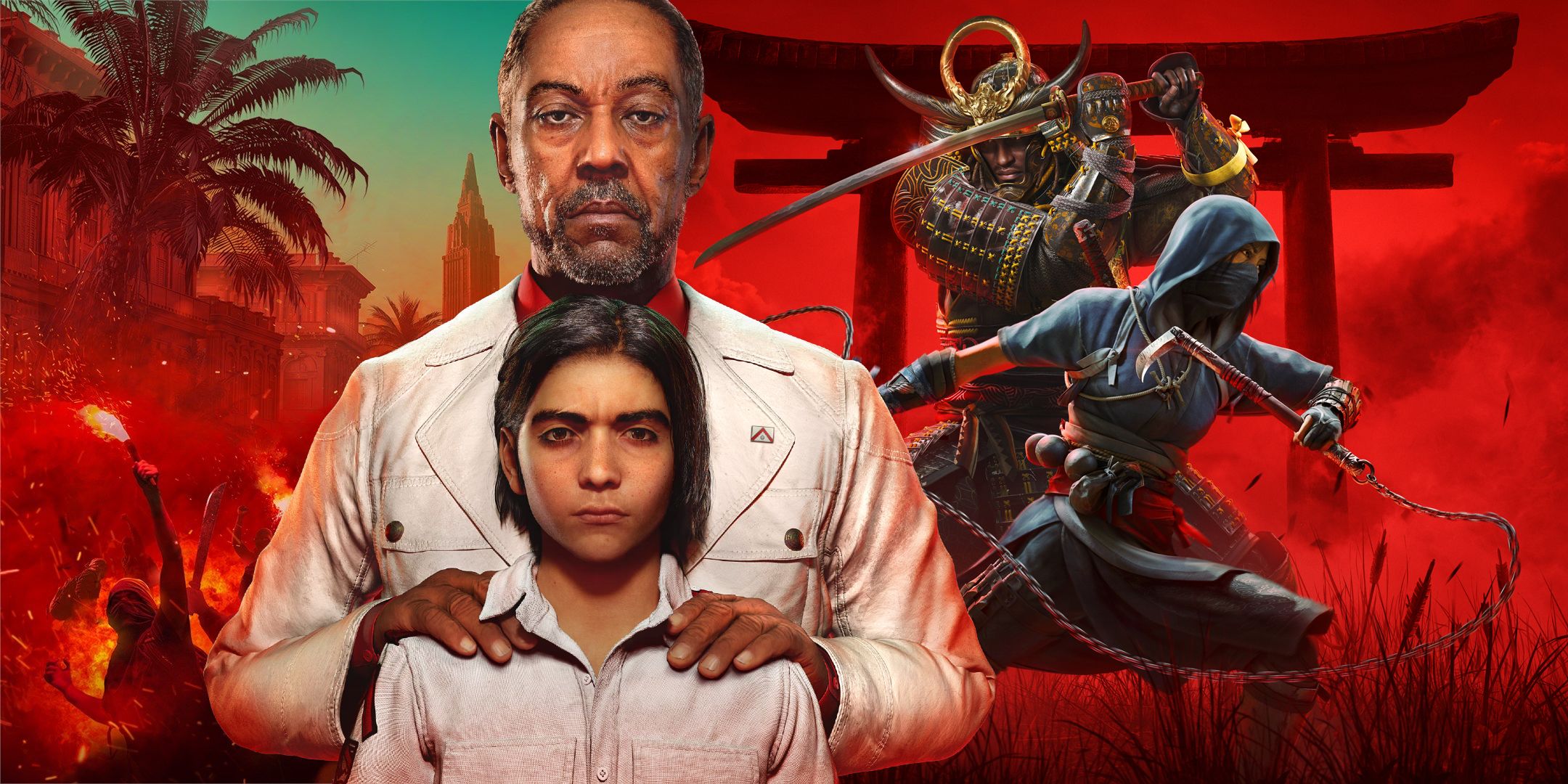
The Context: Ubisoft’s Recent Struggles
Ubisoft has faced a rocky few years. Despite its storied history, the company has been plagued by financial challenges, underperforming titles, and development hurdles. In 2024, Skull and Bones flopped after a decade in development, Star Wars Outlaws fell short of sales expectations, and XDefiant shut down shortly after launch. These setbacks, combined with multiple delays for Assassin’s Creed Shadows—pushed from November 2024 to March 2025—put Ubisoft under intense scrutiny. Posts on X, like one from @Pirat_Nation on February 18, 2025, even speculated about “financial collapse” and “investor deception,” reflecting the community’s growing unease.
Yet, Assassin’s Creed Shadows proved a bright spot. With over 3 million players and the second-highest day-one sales in the franchise’s history, behind only Assassin’s Creed Valhalla, the game’s polish—achieved through three delays—demonstrated the value of extra development time. This success prompted Ubisoft to rethink its approach, leading to a strategic decision to delay other major titles to ensure similar quality. As CEO Yves Guillemot stated in a May 2025 earnings report, “This decision has already been beneficial to the quality of Assassin’s Creed Shadows,” with expectations of “significant growth” in fiscal years 2026–27 and 2027–28.
The Delays: What’s Affected?
Ubisoft’s announcement, detailed in a press release and investor call on May 14, 2025, confirmed that “some of our biggest productions” are being pushed to 2026 and 2027 to allow for additional polish. While specific titles weren’t named, Guillemot hinted that the affected projects come from Ubisoft’s top brands: Assassin’s Creed, Far Cry, Rainbow Six, The Division, and Ghost Recon. Industry reports, such as those from PC Gamer and ScreenRant, point to Far Cry 7, Assassin’s Creed Hexe, and the next Ghost Recon as likely candidates, with Far Cry 7 rumored to target a late 2026 release and Hexe potentially slipping to 2027.
Other projects, like the Splinter Cell remake (announced in 2021) and a rumored Assassin’s Creed IV: Black Flag remake, may also face delays, though their status remains unclear. Beyond Good & Evil 2, a perennial development mystery, continues to languish, with no release in sight. Meanwhile, Ubisoft’s upcoming slate isn’t entirely barren. Titles like Anno 117: Pax Romana, Rainbow Six Mobile, The Division Resurgence, and the long-delayed Prince of Persia: The Sands of Time remake are still planned, alongside Assassin’s Creed Shadows’ first major expansion later in 2025.
The decision to delay these “biggest productions” stems from a pipeline review conducted between October and December 2024, aimed at creating “the best conditions for success.” This move reflects Ubisoft’s shift away from its historically rapid release cadence, which often led to accusations of “Ubisoft bloat”—repetitive open-world designs packed with busywork, as noted in ScreenRant. By prioritizing quality over quantity, Ubisoft hopes to avoid the pitfalls of recent flops and restore fan confidence.
Ubisoft Is Slowing Down
More Development Time
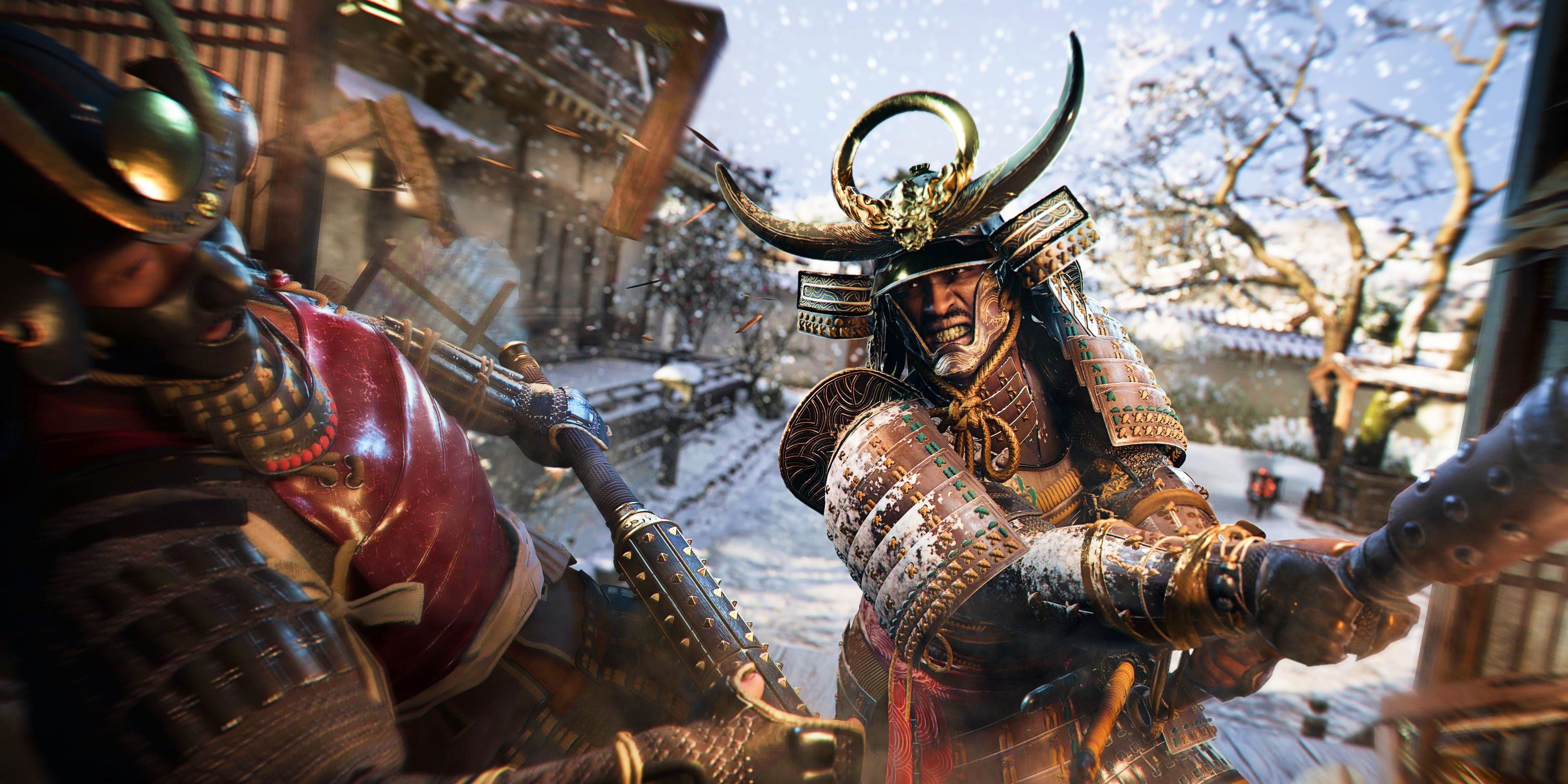
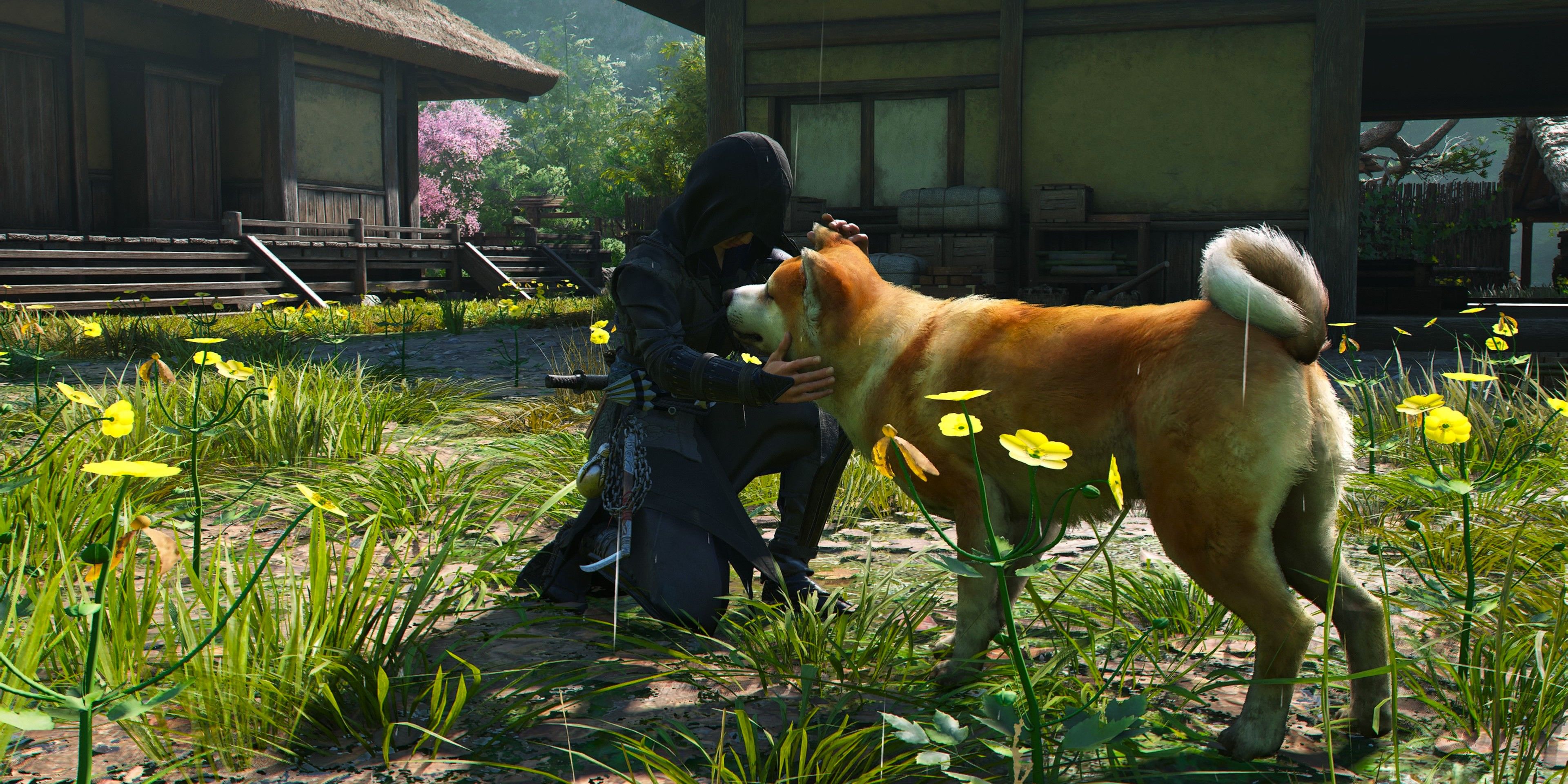
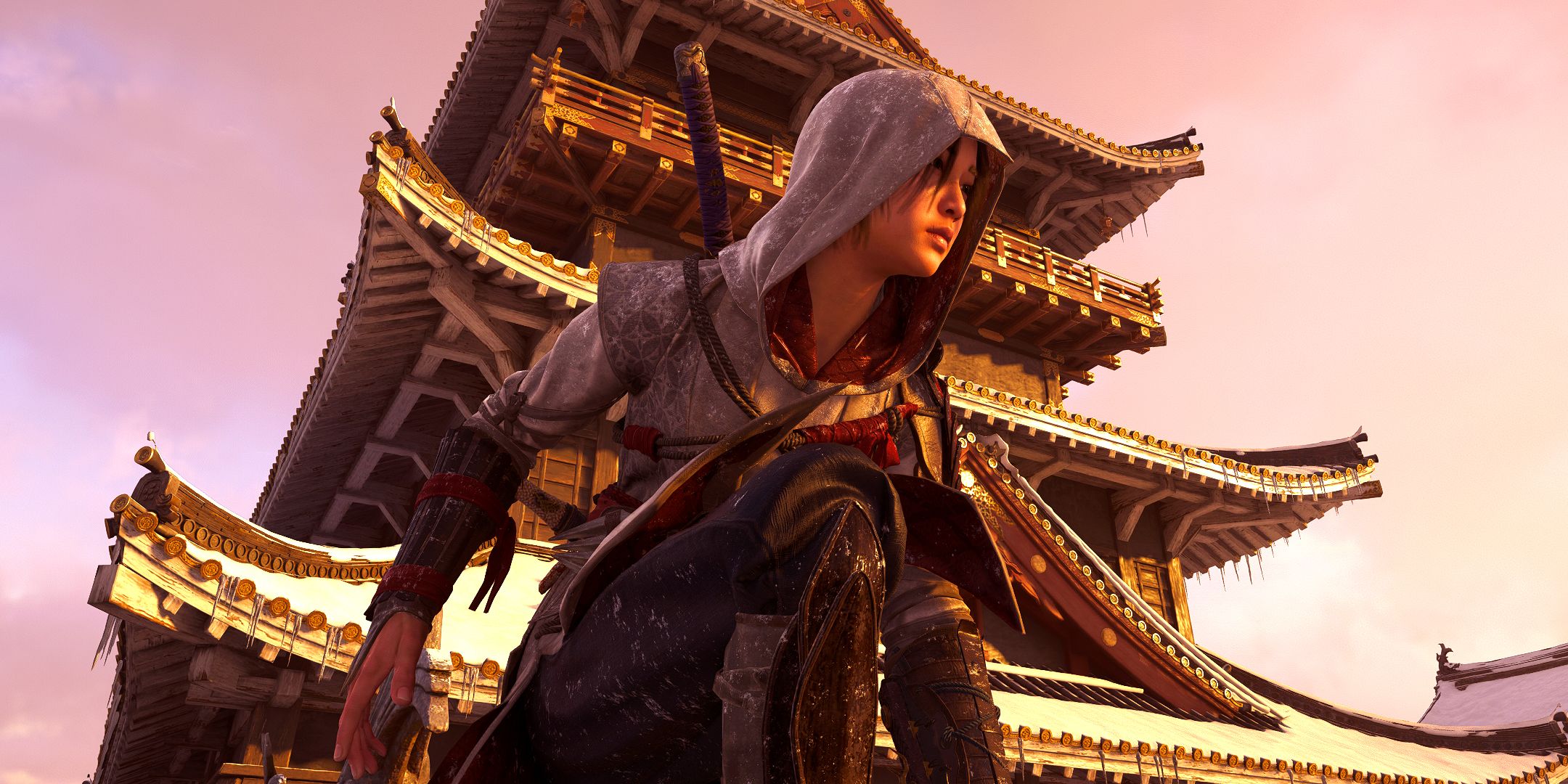
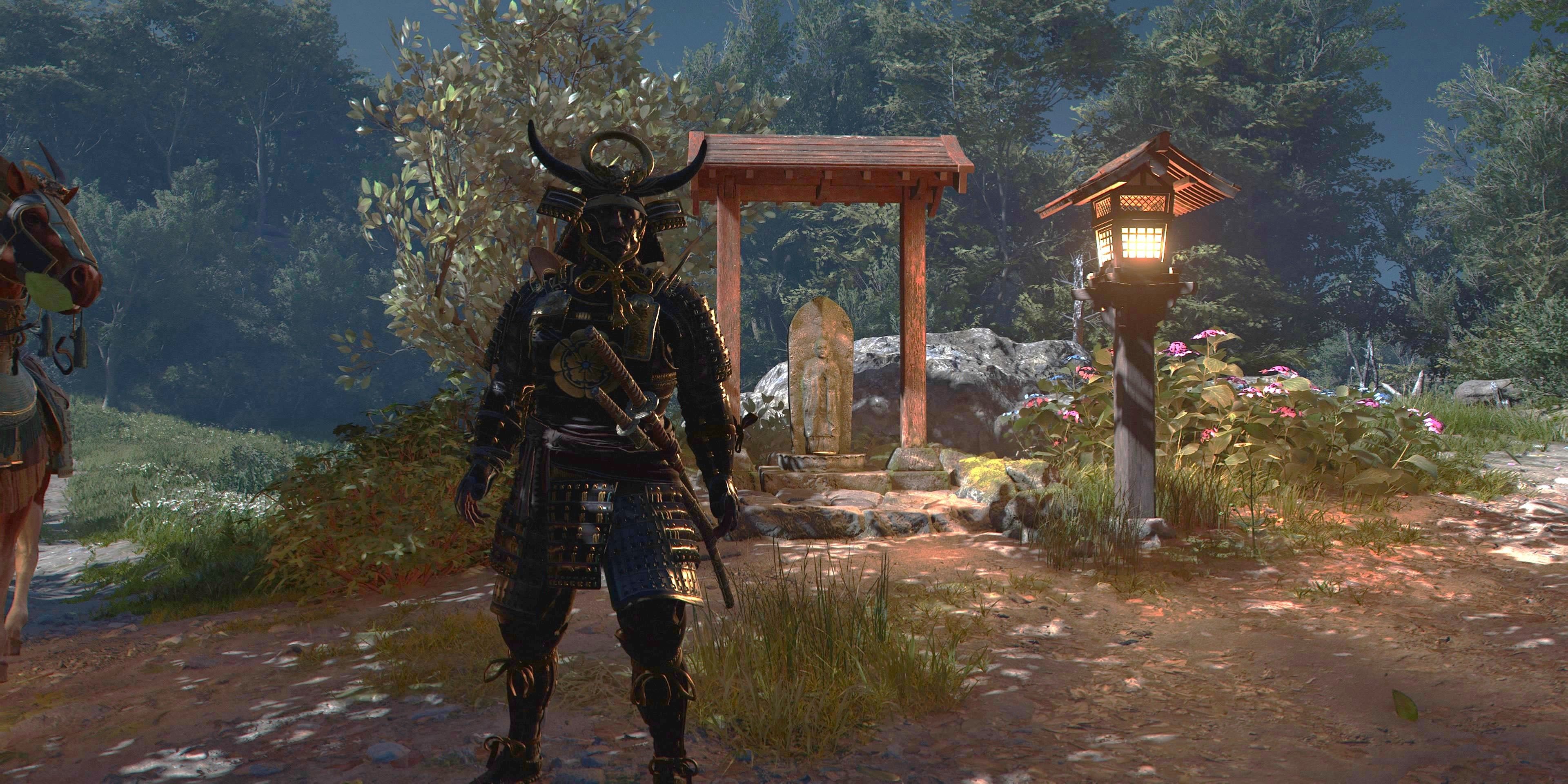
The Tencent Deal: A New Subsidiary
Compounding the delay news is Ubisoft’s major corporate restructuring, announced on March 28, 2025. The company is spinning off its three biggest franchises—Assassin’s Creed, Far Cry, and Rainbow Six—into a new subsidiary valued at €4 billion, with Chinese tech giant Tencent investing €1.16 billion ($1.25 billion) for a 25% stake. This subsidiary, fully controlled by Ubisoft, will focus on building “evergreen, multi-platform” ecosystems, emphasizing narrative solo experiences, multiplayer content, free-to-play elements, and social features. Development teams in Montreal, Quebec, Sherbrooke, Saguenay, Barcelona, and Sofia will transfer to this entity, though the impact on Ubisoft’s 19,000 employees remains undisclosed, raising concerns about potential layoffs.
The Tencent deal, described by Guillemot as a “foundational step” in Ubisoft’s transformation, aims to strengthen the company’s balance sheet and fuel long-term growth for these franchises. However, it’s not without controversy. Some fans, as seen in X posts like @Mangalawyer’s from September 2024, view Ubisoft’s financial maneuvers skeptically, especially after Assassin’s Creed Shadows’ delays and acquisition rumors involving Microsoft and EA. The creation of a Tencent-backed subsidiary has also sparked debate about creative control, with fears that Tencent’s influence could steer Ubisoft toward more live-service or free-to-play models, potentially alienating fans of traditional single-player experiences.
Why the Delays Matter
The delays signal a pivotal shift for Ubisoft, driven by lessons from Assassin’s Creed Shadows. The game’s success—garnering an 82/100 on Metacritic and praise for its Feudal Japan setting—proved that extra development time can yield a polished, critically acclaimed title. The Verge and VG247 note that Ubisoft is applying this strategy earlier in the development cycle for projects like Far Cry 7 and Assassin’s Creed Hexe, which lack public release dates, avoiding the need to retract firm commitments. This approach contrasts with Shadows’ high-profile delays, which frustrated some investors, as seen in @10_ch_10’s X post claiming a “stealth delay” for the next Assassin’s Creed.
For Far Cry 7, the delays are particularly significant. The franchise, last seen with Far Cry 6 in 2021, is at a crossroads. Rumors from GameRant suggest Far Cry 7 may adopt dual protagonists, inspired by Assassin’s Creed Shadows’ Naoe and Yasuke, and feature an in-game timer mechanic to heighten narrative urgency. With a reported 2026 target and a potential extraction shooter spinoff in development, Far Cry 7 could redefine the series, but only if Ubisoft nails the execution. The delays, while delaying fan anticipation, offer hope for a fresh, high-quality entry that moves beyond the series’ formulaic open-world critiques.
Assassin’s Creed Hexe, teased as a darker, witch-themed entry set in 16th-century Europe, is another high-stakes project. With nine Assassin’s Creed titles reportedly in development—including remakes, multiplayer games, and a mobile title, Assassin’s Creed Jade (delayed to 2025)—Ubisoft’s flagship franchise is under pressure to innovate. Fans are divided, with some, as reported by ComicBook.com, excited for the RPG direction of Shadows and Valhalla, while others decry the volume of releases as “too many games.” Delays could help Hexe stand out by refining its rumored stealth-focused gameplay, but they also risk fan fatigue if Ubisoft’s pipeline feels overstretched.
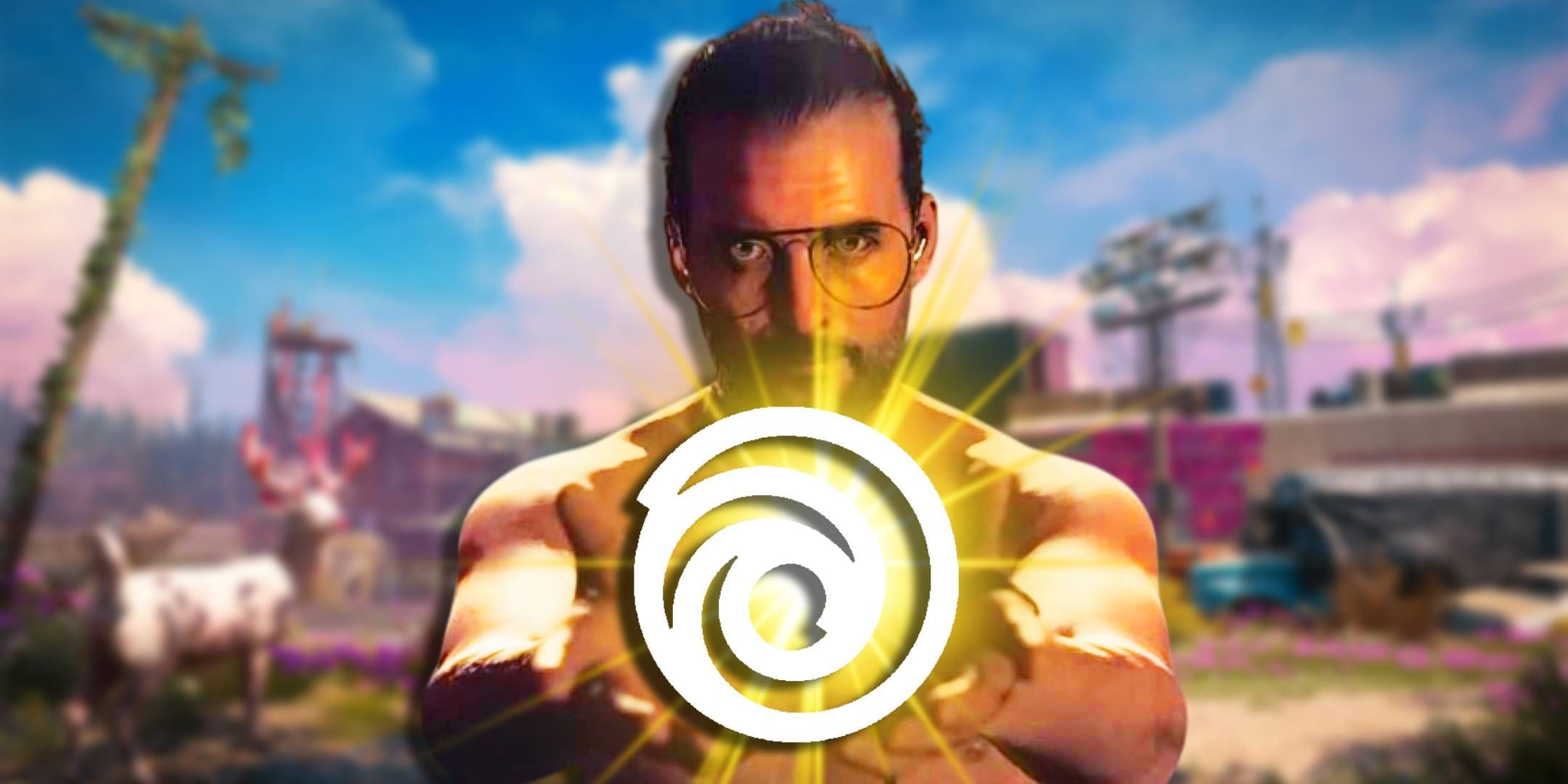
Community Reaction
The gaming community’s response to Ubisoft’s delays is mixed. On X, posts like @infobae’s on May 16, 2025, frame the delays as a quest for “superior quality,” echoing Ubisoft’s narrative. Others, like @AFP’s May 15, 2025, post, highlight Ubisoft’s financial struggles, noting a return to the red in 2024–25 despite Shadows’ success. Fans on platforms like Reddit praise the polish of Shadows but express frustration over the wait for Far Cry 7 and Hexe, with some calling Ubisoft’s restructuring a “desperate move.” Meanwhile, privacy concerns linger, with a 2024 complaint from noyb accusing Ubisoft of GDPR violations for forcing single-player games like Far Cry Primal online, adding to perceptions of mismanagement.
Despite these concerns, there’s cautious optimism. ScreenRant argues that extended development could reduce crunch for developers and address “Ubisoft bloat,” while PCGamesN sees the delays as a chance to deliver standout titles. The Assassin’s Creed brand remains robust, with 30 million unique players annually, matching Rainbow Six and surpassing Far Cry’s 20 million, signaling strong demand for Ubisoft’s core franchises.
What’s Next for Ubisoft?
Ubisoft’s delays and restructuring mark a turning point. The Tencent-backed subsidiary, set to finalize by late 2025, will focus on making Assassin’s Creed, Far Cry, and Rainbow Six “evergreen” through frequent content updates and multiplayer expansions, as outlined by Polygon. This could mean more live-service elements, like Rainbow Six Siege’s upcoming “X” update in June 2025, but risks alienating fans who prefer standalone experiences. Meanwhile, Ubisoft’s cost-cutting measures, including a $100-million savings program, raise fears of layoffs, especially after past workforce reductions.
For gamers, the delays mean a quieter 2025–26 but a potentially blockbuster 2026–27. Far Cry 7 could introduce bold mechanics, while Assassin’s Creed Hexe promises a fresh take on the series’ stealth roots. Other projects, like the Splinter Cell remake, may benefit from extra polish, though their prolonged development—over four years for Splinter Cell—tests fan patience. Ubisoft’s commitment to quality, inspired by Shadows’ success, is a step toward rebuilding trust, but the company must navigate financial pressures, fan expectations, and Tencent’s influence carefully.
Conclusion
Ubisoft’s decision to delay its biggest productions reflects a bold, if risky, pivot toward quality over quantity. The success of Assassin’s Creed Shadows—polished through multiple delays—has set a new standard, but the wait for Far Cry 7, Assassin’s Creed Hexe, and other titles tests fans’ patience. The Tencent-backed subsidiary adds complexity, promising growth but raising questions about creative direction and job security. As Ubisoft reshapes its future, the gaming community watches closely, hopeful for innovative, polished titles but wary of further missteps. For now, the delays are a necessary gamble—one that could redefine Ubisoft’s legacy or deepen its challenges. Stay tuned for updates, as the next chapter of Ubisoft’s saga promises to be as dramatic as its games.





